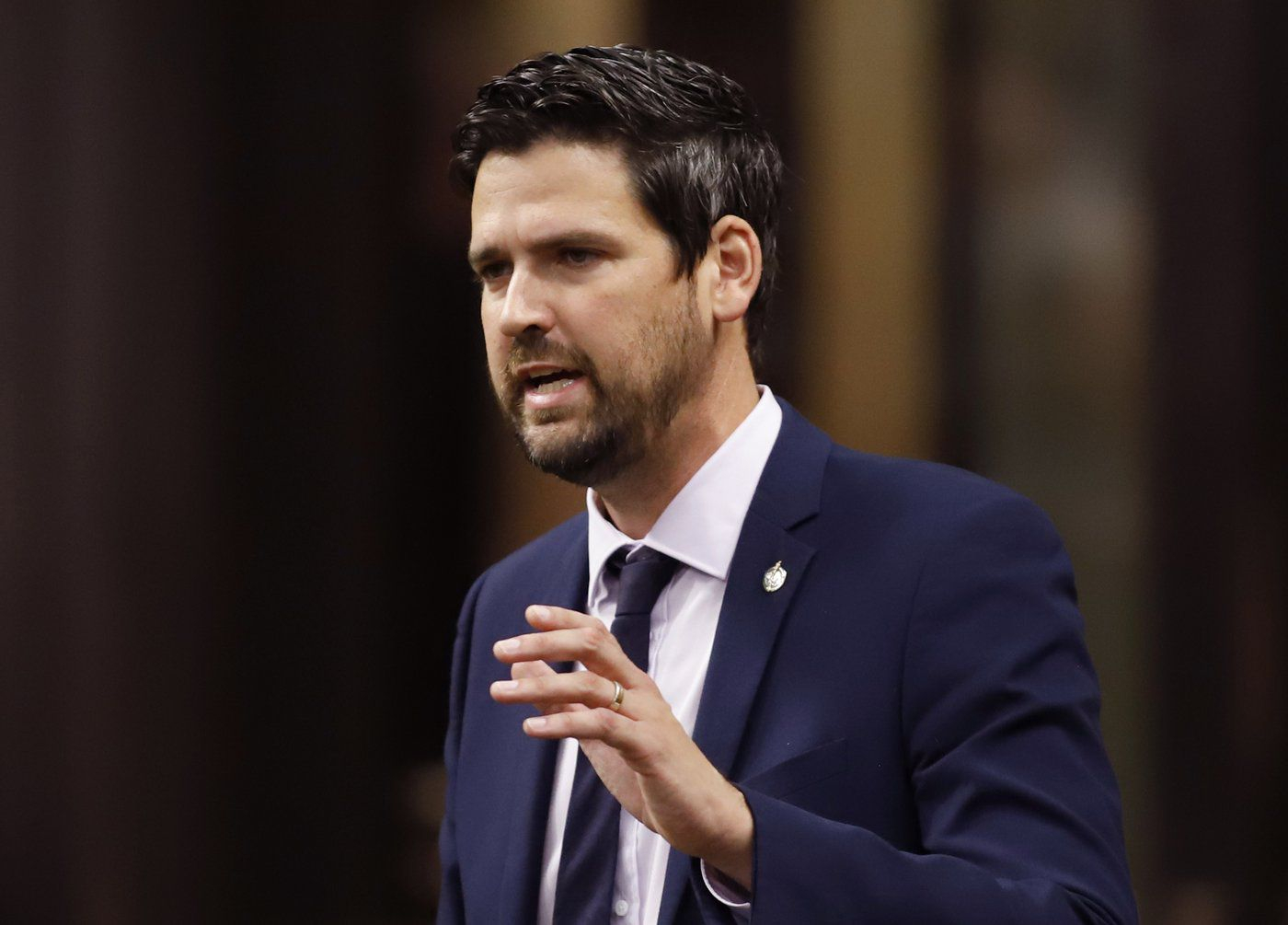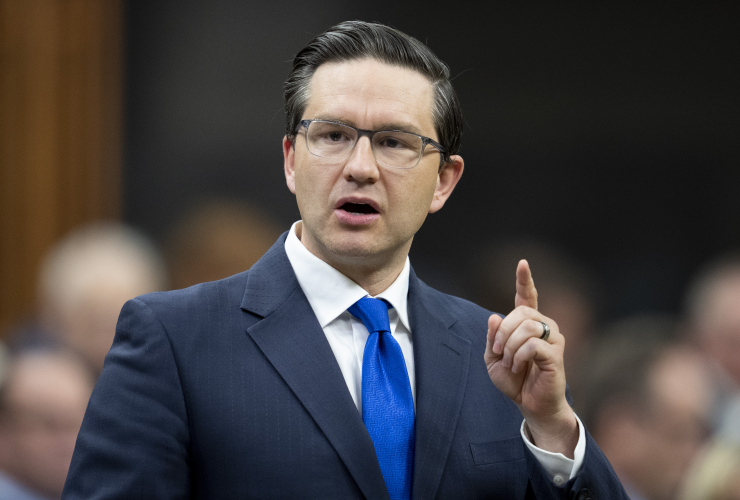A new pilot project to lift the cap on the number of hours international students can work should be made permanent, say advocates who have spent years asking for the change.
Immigration Minister Sean Fraser announced last Friday the federal government would temporarily remove the 20-hour cap on the number of hours international students can work off-campus to address labour shortages.
The cap will be lifted from Nov. 15 until the end of next year.
The International Sikh Students Association has long been calling for this change, and launched a petition early this year to move that cap from 20 to 30 hours to up the quality of life for students.
Jaspreet Singh, who founded the association, said the government's decision to temporarily lift the cap came as a surprise.
"We were expecting something permanent," he said in an interview. "Not for something in response to a labour shortage, instead of genuine effort to help to improve lives of international students."
The 20-hour cap has never made much sense given most employers in Canada offer eight-hour shifts, said Singh, who graduated as an international student two years ago from Sheridan College in the Greater Toronto Area and has since become a permanent resident.
The cap has put stress on students facing ever increasing costs while living in Canada.
"The rent within the last five years is almost double," he said. "So everything has gone up."
The government plans to treat the temporary policy as a pilot project, Fraser said at a press conference Friday.
"We’re going to be able to learn some lessons over the course of the next year, and we’re going to be able to determine whether this is the kind of thing we can look at doing over a longer period of time."
This is not the first time the cap has been lifted.
In April 2020, the cap was temporarily removed for international students who served essential roles during the COVID-19 pandemic, including those with jobs in energy, health, finance, food services, transportation and manufacturing.
The exemption for students serving as front-line workers was later ended, and Singh said students are worried the same could happen again if the latest labour shortages are resolved.
NDP immigration critic Jenny Kwan is also pushing for a more permanent change.
"This change is absolutely necessary, and is necessary for the students' survival," Kwan said in an interview.
International students face tuition fees that are as much as three times those of domestic students and must still support themselves while they're studying.
Kwan said she welcomed the news about the pilot, but worried about the motivations behind it.
When the government changes immigration measures, Kwan said, "it's never really to support the people who need the changes, but rather, it's always driven by the economy, or by industry."
Fraser called the temporary policy a "win-win" for employers and students looking to get more work experience in Canada.
Work experience can also give students a leg up when they apply to stay in Canada permanently, said Tony Fang, Stephen Jarislowsky chair in Economic and Cultural Transformation at Memorial University of Newfoundland.
One of the major hurdles to becoming a permanent resident is lack of Canadian experience, Fang said. "This really gives them a unique opportunity to (gain) the valuable Canadian experience, which is very important for the current immigration process."
The trade-off, Fang said, is the potential for students to undermine their studies because they spend too much time working, which could in turn jeopardize their immigration status in Canada.
This report by The Canadian Press was first published Oct. 11, 2022.




Comments